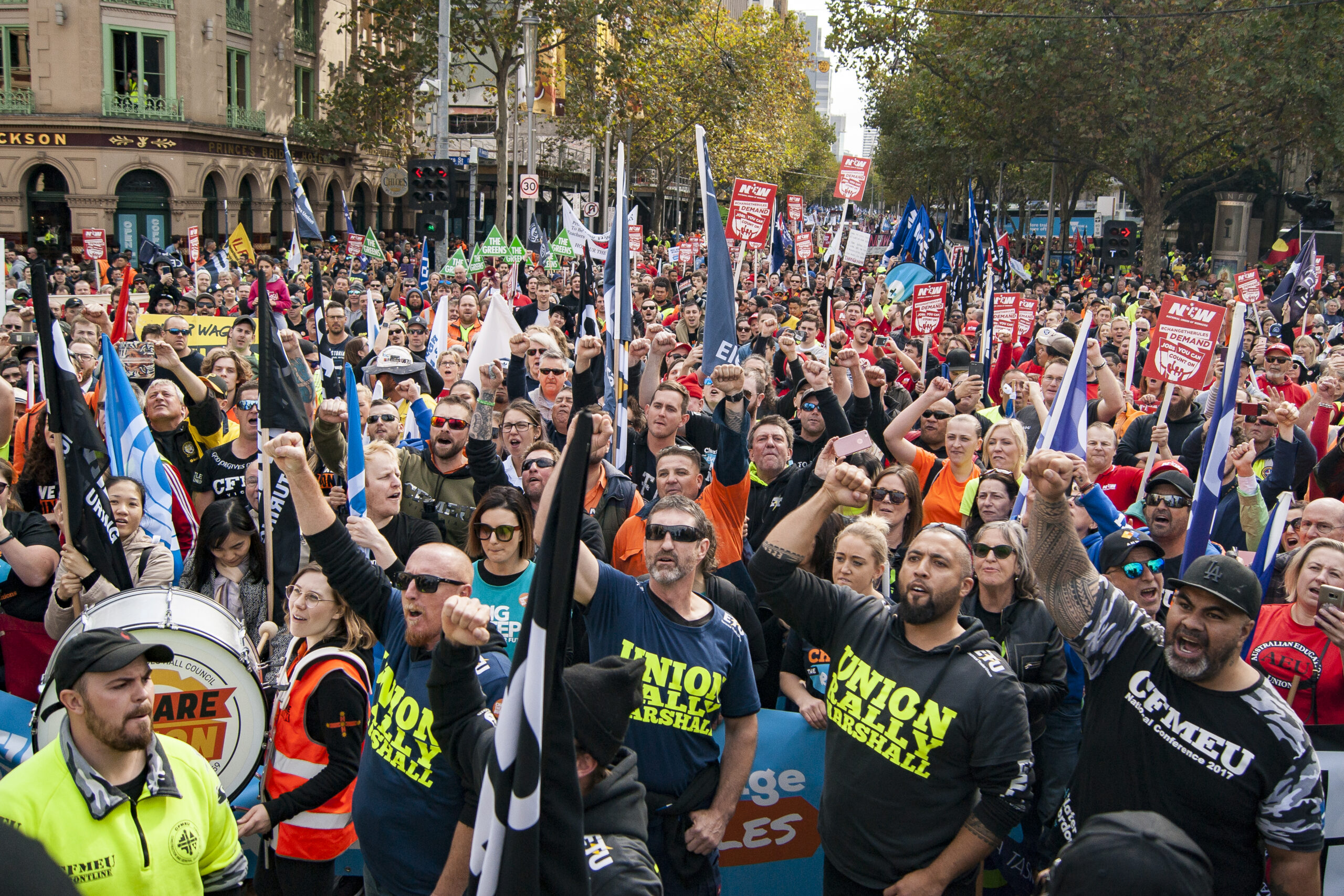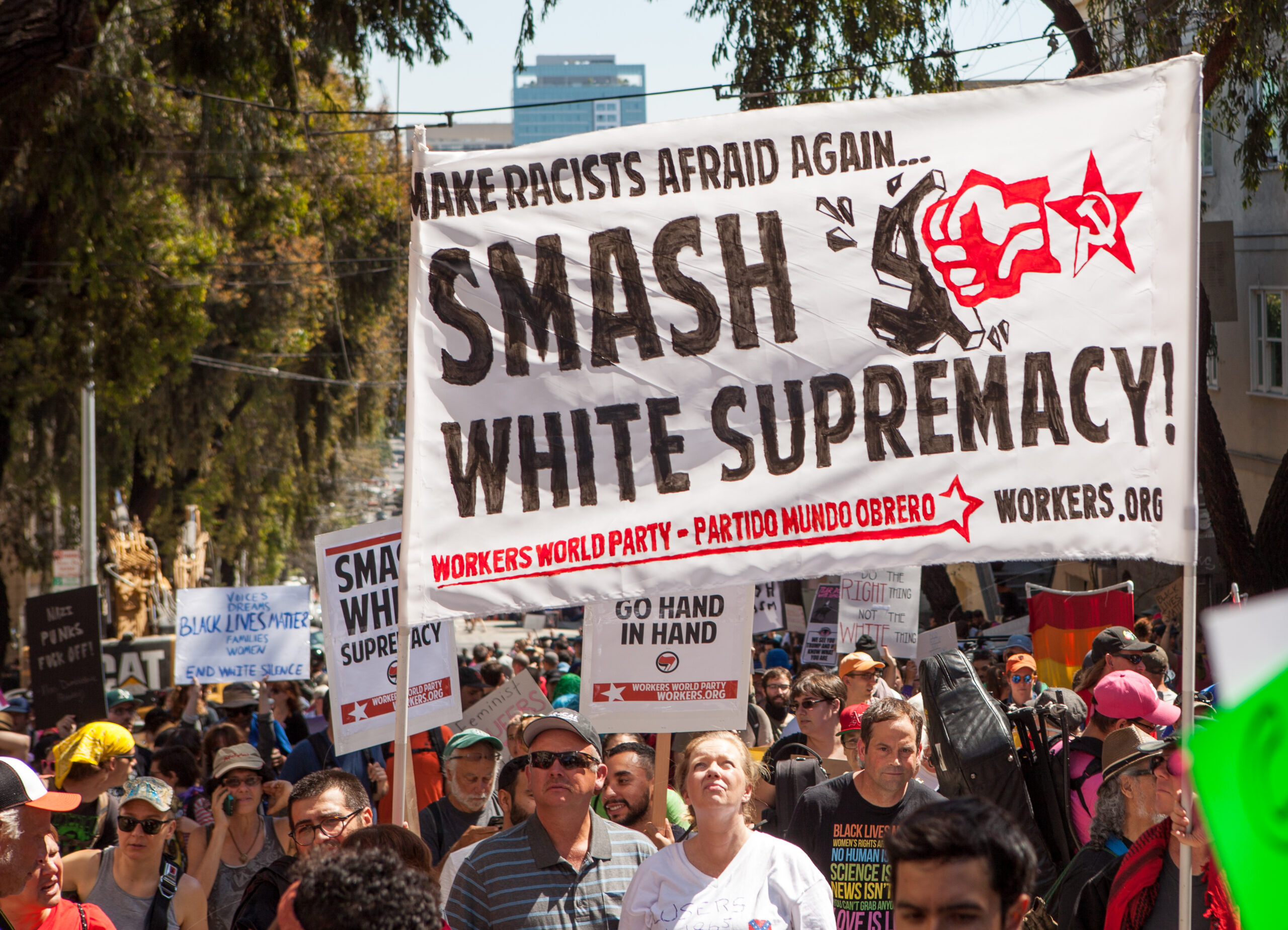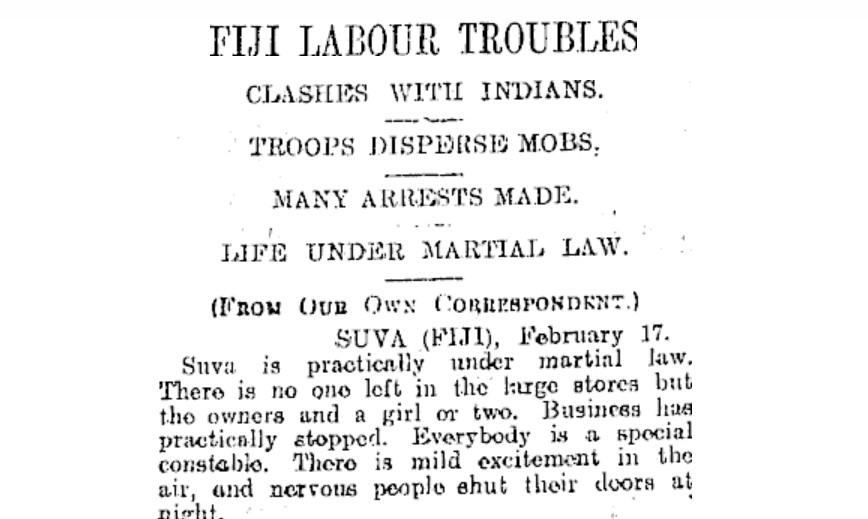Welcome to the ABCs of Socialism, a series of short articles on key socialist concepts.
An important principle of socialist politics is democracy; the concept of people having self-determination and the ability to make collective decisions to shape our world. On any given day, decisions are being made that impact the lives of billions. We are currently facing an existential question: what will our relationship to the earth be? Will we try to restore a sustainable relationship between people and the planet, or continue to destroy the planet in the interests of profit? In the capitalist society around us we see a pattern: the majority of people, the working class and the poor, are cut off from the ability to meaningfully shape these decisions. And yet, we are the ones who feel the consequences of these decisions most sharply. The wealthy and powerful minority, on the other hand, are the ones who exercise most control, while also having the means to shelter themselves from the worst consequences of their decisions. Socialism is based on a powerful idea: that the mass of people can and should shape their own destiny, and that by doing this we can create a better world.
In modern capitalist nations, people’s ability to participate in democracy is limited. Many live under overt state repression, and even in the most “advanced” capitalist democracies actual democratic decision-making is rare. Participation is generally limited to voting for representatives every few years, with little ability to shape governments’ decisions between elections. Money shapes these decisions in profound ways; not only through direct donations from the rich into election campaigns, but also through the close relationship between governments and the capitalist class. The actions of capitalist governments are shaped by the need to ensure that businesses in their country continue to increase their profits. This leaves little room for the interests of working people. On top of this, we see the imperial and colonial domination of some nations and peoples by others. Workers can hardly be said to have democratic control when their whole country is under the oppression of another.
In fact, the capitalist system is undemocratic to its core. Many decisions that have a profound impact on our lives are out of the reach of democratic influence altogether, lying in the hands of private businesses that answer only to their shareholders. Aside from government regulations (which are inadequate and often ignored), there is little to stop a CEO from deciding to pursue an environmentally damaging practice or to sack half of their workers. Our day to day experience of the workplace is like a little dictatorship where we have little choice but to follow orders. Socialists imagine a world where democracy is extended into this economic realm.
If you want to see real, participatory democracy in our society today, you should not look to parliament. At a mass union meeting you can see workers making democratic decisions about how they want their workplace to look. At an organising meeting for a protest you can see ordinary people shaping their own demands and deciding how they want to fight for them. At demonstrations we directly voice our own grievances and aspirations, and through collective action can force governments and businesses to concede to them. This is the sort of democracy that socialists look to to change the world, one that involves revolutionary change. Russian revolutionary Leon Trotsky called it “the direct intervention of the masses” in shaping their own destiny. As mass movements grow into uprisings, new forms of democracy are created; workers’ councils like the Soviets in Russia in 1917, the Cordones in Chile in the 1970s, and the occupation of Tahrir square in Egypt in 2011. These impressive examples of working class democracy in action demonstrate that workers really do have the potential to run society in our own interests.
What would democracy look like in a socialist society? Ultimately, that is up to those who shape it. We can take inspiration from what we see in the world around us, and from history. Karl Marx and Frederich Engels, the founders of our political tradition, were impressed by the Paris Commune in 1871. This commune was run by workers for workers, all positions of responsibility were elected and recallable, and no “official” earned more than a workers’ wage. Engels was also inspired by what he heard of the Haudenosaunee Confederacy of Six Nations on Turtle Island (North America), often called the world’s earliest and longest-running participatory democracy. We can look to indigenous traditions here too, to Te Ao Māori, to see ways of organising society that don’t rely on profit or on the coercion of the capitalist state. Even in our current society, we can see hints of a greater potential. The very nature of work under capitalism is collective. Workers are cooperating every day to make society run. It’s this capacity, freed from the rule of bosses and the need to generate profit, that could transform society into a truly democratic one.
Image credit: “Change The Rules Rally Melbourne – 9 May 2018” by Matt Hrkac is licensed under CC BY 2.0









